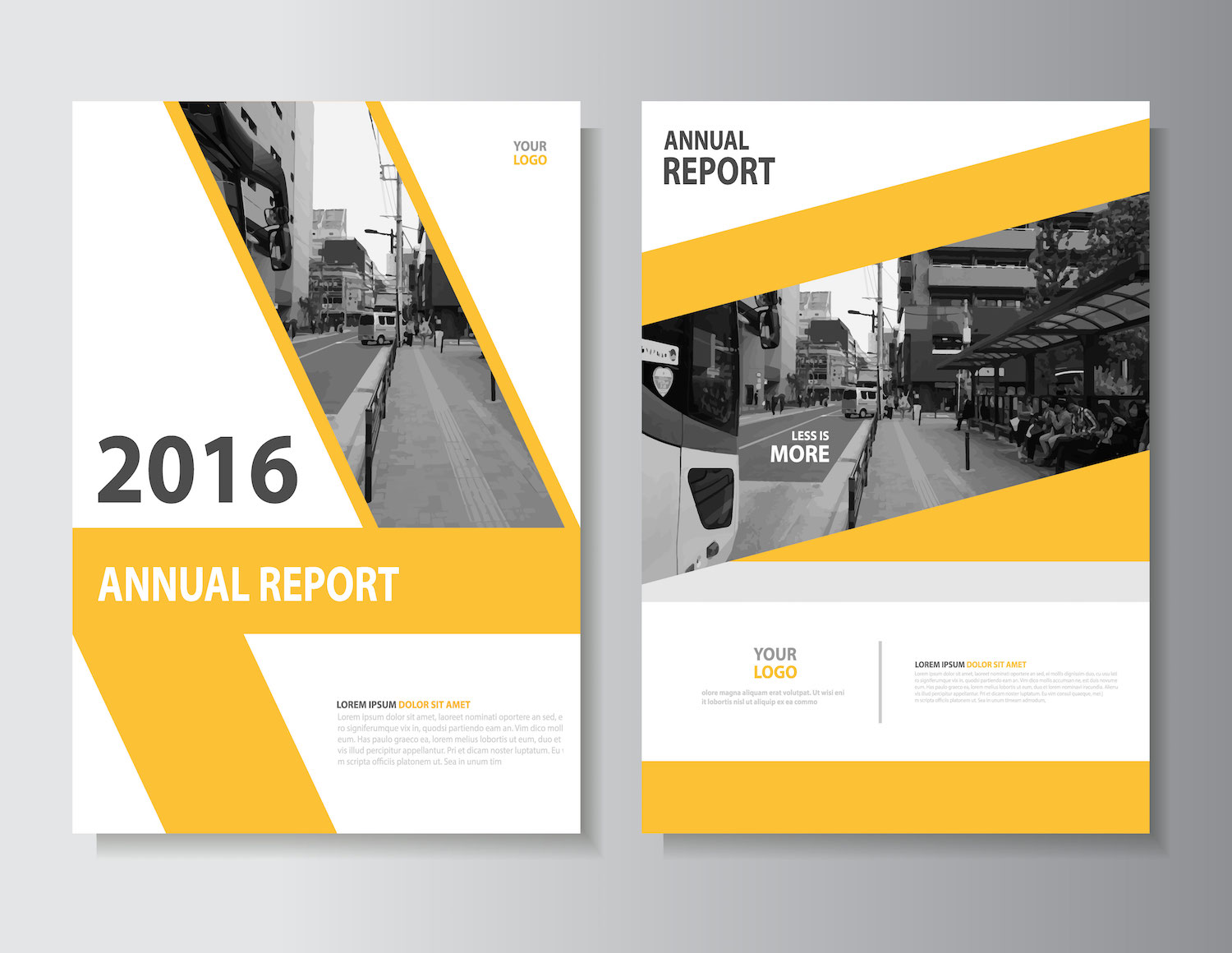 One of the significant aspects of UK court procedures is the importance of transparency. Court hearings are typically open to the public, and judgments are often published, ensuring that the judicial process is accountable and that the public can understand how decisions are made. In some sensitive cases, such as those involving national security or the safety of vulnerable individuals, certain parts of the proceedings may be closed to the public, but these instances are rare.
One of the significant aspects of UK court procedures is the importance of transparency. Court hearings are typically open to the public, and judgments are often published, ensuring that the judicial process is accountable and that the public can understand how decisions are made. In some sensitive cases, such as those involving national security or the safety of vulnerable individuals, certain parts of the proceedings may be closed to the public, but these instances are rare.
One of the most controversial aspects of court funding in the UK has been the cuts to the Ministry of Justice’s budget in recent years. Since 2010, the UK government has implemented a series of cuts to public services, including the judiciary. As a result, the Ministry of Justice has had to make difficult decisions about how to allocate resources to the courts. These cuts have led to delays in proceedings, with many courts facing staff reductions and diminished support services. As the UK’s court system struggles with these financial pressures, there have been growing concerns that access to justice is being undermined.
Youth justice in England is overseen by special Youth Courts, which operate separately from adult courts. These courts aim to focus on rehabilitation rather than punishment, and proceedings are less formal. Young people appearing in court are given additional support and may be referred to youth offending teams for interventions.
Beyond physical accidents, mental health incidents are another area of concern in UK courts. Legal environments can be stressful, particularly for victims, vulnerable witnesses, or those facing serious charges. In rare but tragic cases, individuals have suffered panic attacks or psychological breakdowns during court appearances. While not always considered ”accidents” in the traditional sense, these situations still highlight the need for emotional safety and appropriate support mechanisms within the court setting.
If you liked this article and you would like to collect more info relating to leads kindly visit the site. In conclusion, Greater London law firms courts in the UK reflect a multifaceted legal heritage shaped by centuries of development. With separate systems in its constituent nations and a clear hierarchical structure, the UK judiciary continues to respond to the changing needs of society while remaining anchored in fundamental legal principles.
For civil matters involving high value or complexity, cases may be referred to the High Court of Justice. The High Court is divided into three divisions: the Queen’s Bench Division (handling contract and tort cases), the Family Division (handling divorce and child custody), and the Chancery Division (handling business, property, and inheritance matters).
The Lord Chief Justice of Northern Ireland is the head of the judiciary and is responsible for ensuring the efficient operation of the courts and upholding judicial standards. The judiciary plays a critical role in maintaining public trust and enforcing the rule of law.
In the face of these difficulties, the Ministry of Justice continues to explore alternative funding models for the UK’s court system. One option being considered is the introduction of privately funded courts. Some have suggested that introducing new fees or seeking private investment in the judicial system could help alleviate the strain on public finances.
In the jurisdiction of England and Wales, the legal framework consists of multiple tiers. At the lowest level are the Magistrates’ Courts and County Courts. Magistrates’ Courts deal with summary offences, while County Courts handle disputes involving private individuals or organisations such as contract disputes.
In conclusion, law court procedures in the UK are designed to ensure that justice is delivered fairly and impartially. From filing a claim to appealing a decision, the steps in the legal process are carefully structured to ensure that all parties are treated equitably and that the law is applied consistently. While the process can be complex, the goal is always to uphold the rule of law, protect individual rights, and ensure that justice is served. Whether in criminal or civil court, the procedures in the UK legal system aim to deliver fair outcomes and support the integrity of the judicial system.
Northern Ireland also has a separate legal system that closely resembles that of England and Wales but includes its own legal institutions. The Northern Ireland courts deal with both civil and criminal matters, and the UK Supreme Court remains the final court of appeal.
At the base level, the Magistrates’ Courts deal with summary offences, preliminary hearings, and some civil matters. These courts are often presided over by district judges or lay magistrates. They form the backbone of the criminal justice system.
Members of the judiciary are appointed based on merit, and their independence from government is a key feature of the UK’s constitutional framework. Magistrates, who typically handle less serious cases, are often volunteers and not legally trained, whereas judges in higher courts are career professionals.
No listing found.
Compare listings
Compare